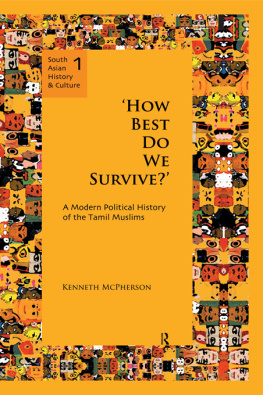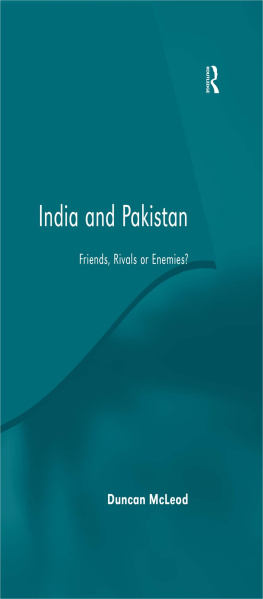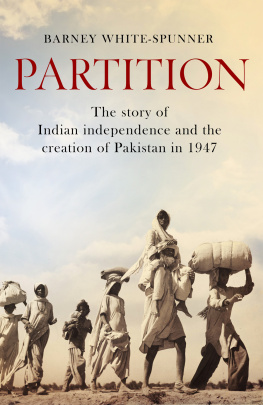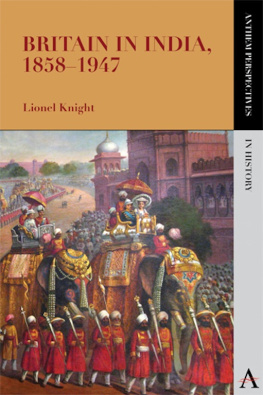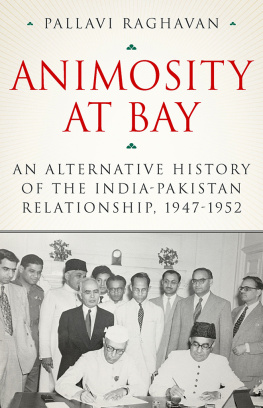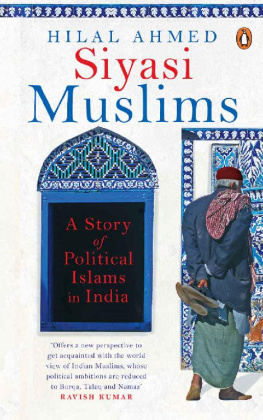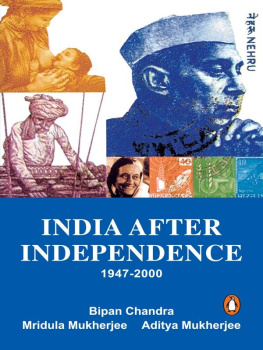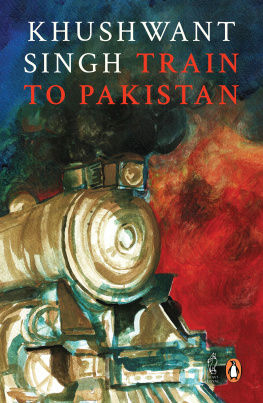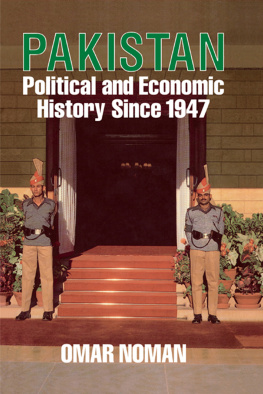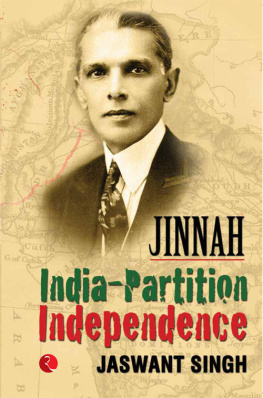Kenneth McPherson - How Best Do We Survive?: A Modern Political History of the Tamil Muslims
Here you can read online Kenneth McPherson - How Best Do We Survive?: A Modern Political History of the Tamil Muslims full text of the book (entire story) in english for free. Download pdf and epub, get meaning, cover and reviews about this ebook. year: 2012, publisher: Routledge, genre: Politics. Description of the work, (preface) as well as reviews are available. Best literature library LitArk.com created for fans of good reading and offers a wide selection of genres:
Romance novel
Science fiction
Adventure
Detective
Science
History
Home and family
Prose
Art
Politics
Computer
Non-fiction
Religion
Business
Children
Humor
Choose a favorite category and find really read worthwhile books. Enjoy immersion in the world of imagination, feel the emotions of the characters or learn something new for yourself, make an fascinating discovery.
- Book:How Best Do We Survive?: A Modern Political History of the Tamil Muslims
- Author:
- Publisher:Routledge
- Genre:
- Year:2012
- Rating:5 / 5
- Favourites:Add to favourites
- Your mark:
How Best Do We Survive?: A Modern Political History of the Tamil Muslims: summary, description and annotation
We offer to read an annotation, description, summary or preface (depends on what the author of the book "How Best Do We Survive?: A Modern Political History of the Tamil Muslims" wrote himself). If you haven't found the necessary information about the book — write in the comments, we will try to find it.
This book traces the social and political history of the Muslims of south India from the later nineteenth century to Independence in 1947, and the contours that followed. It describes a community in search of political survival amidst an ever-changing climate, and the fluctuating fortunes it had in dealing with the rise of Indian nationalism, the local political nuances of that rise, and its own changing position as part of the wider Muslim community in India.
The book argues that Partition and the foundation of Pakistan in 1947 were neither the goal nor the necessarily inescapable result of the growth of communal politics and sentiment, and analyses the post-1947 constructions of events leading to Partition. Neither the fact of Muslim communalism per se before 1947 nor the existence of separate Muslim electorates provide an explanation for Pakistan. The book advances the theory that micro-level studies of the operation of the former, and the defence of the latter, in British India can lead to a better understanding of the origins of communalism.
The book makes an important contribution to understanding and dealing with the complexities of communalism be it Hindu, Muslim or Christian and its often tragic consequences.
Kenneth McPherson: author's other books
Who wrote How Best Do We Survive?: A Modern Political History of the Tamil Muslims? Find out the surname, the name of the author of the book and a list of all author's works by series.

